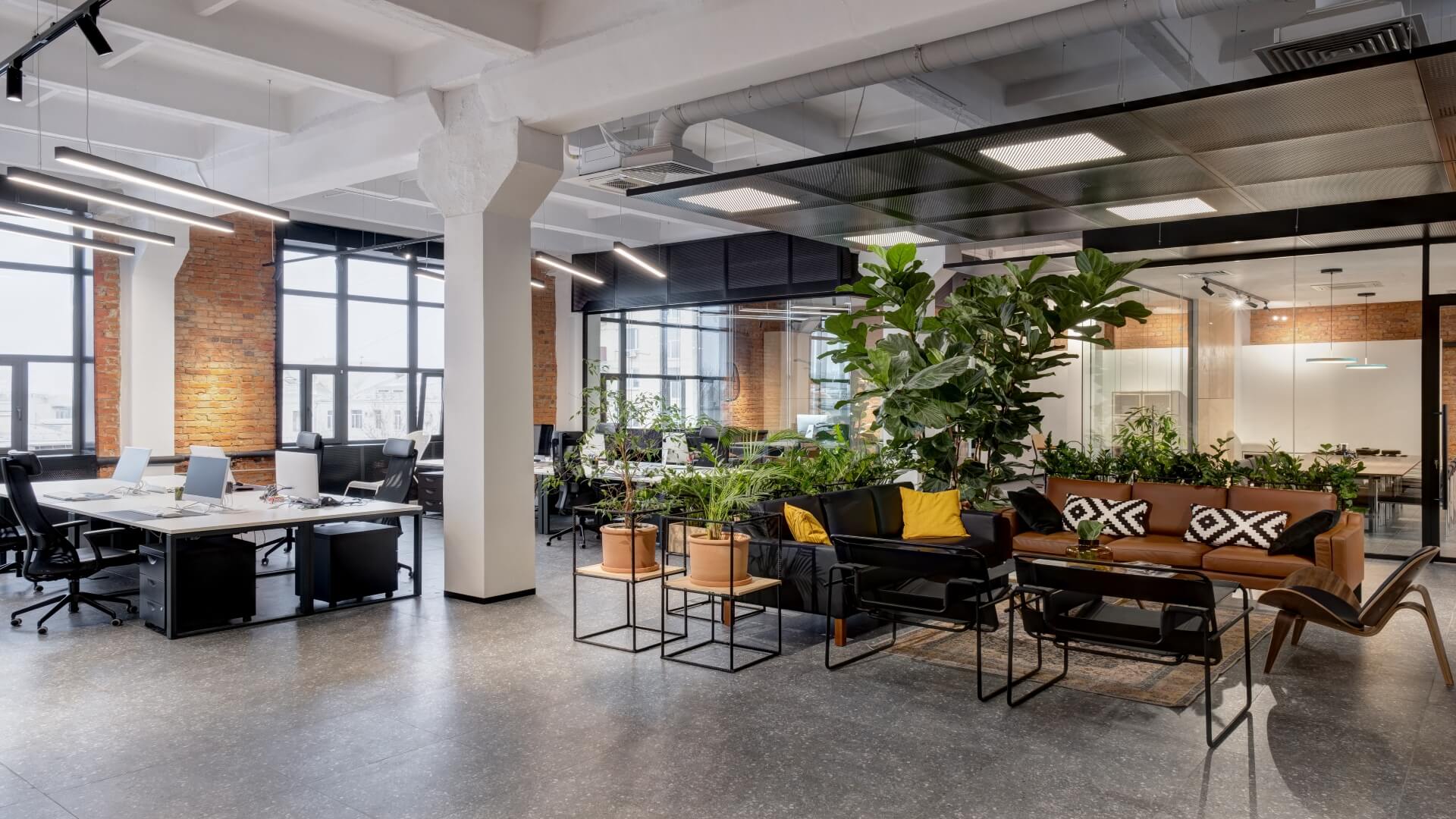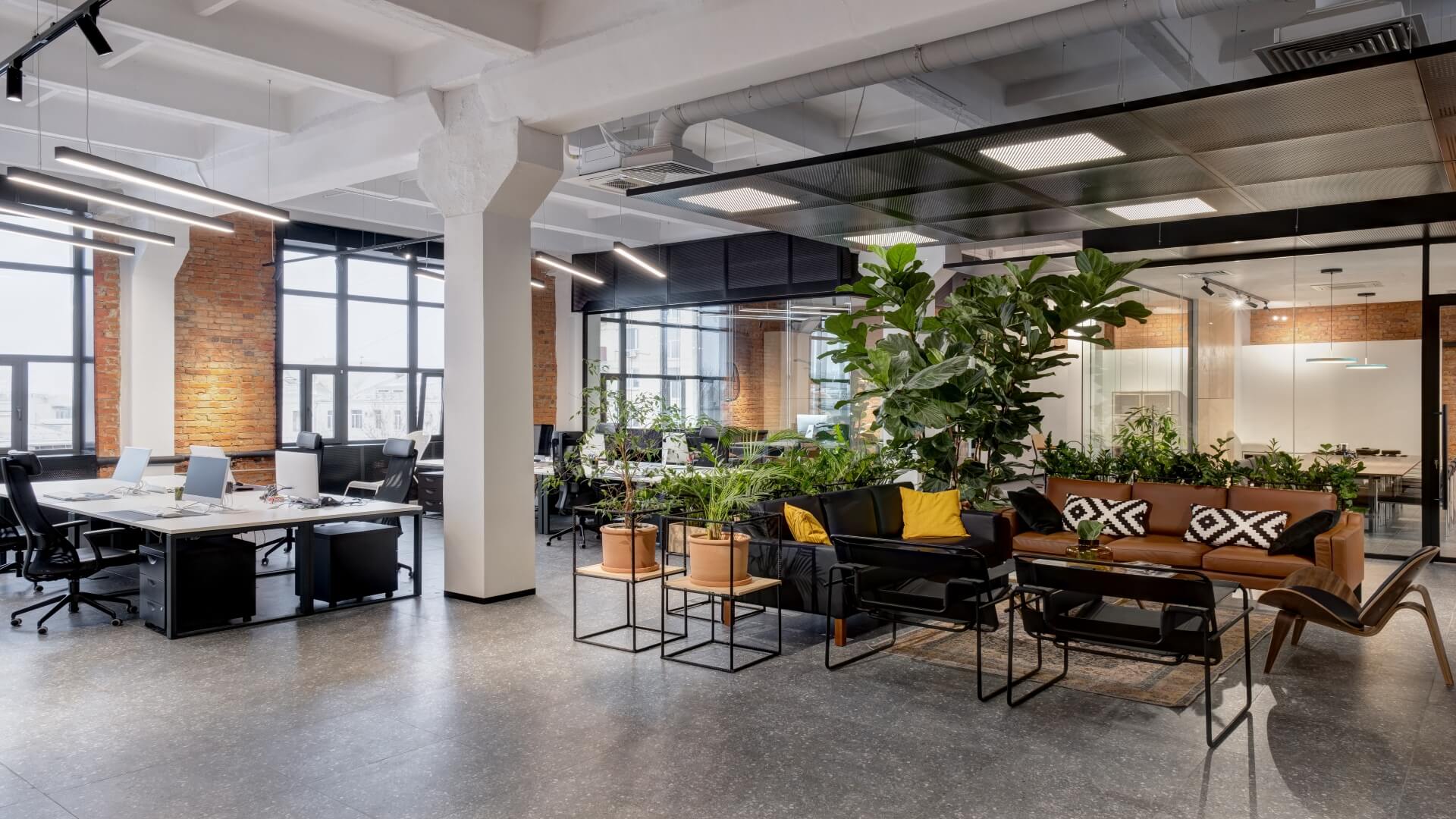How to Decide When it is Time for You to Move Your Business into a New Office
If you have been long running your business, its needs and objectives could have changed substantially in that time, potentially rendering the organisation’s current office rather less useful for you than it once was.
Still, you might be indecisive about whether or not to shift to a new office — in which case, the following steps could help.
Assess your current office’s location
Do employees of your company often complain about how long it takes them to travel to its office or find a suitable parking space nearby? Similarly, do clients attempting to meet you at this office often phone you to ask where exactly it is?
These are both signs that the current location of your company’s operations could be hampering their success — for example, by frustrating employees before they even start work for the day, or inflicting damage to your brand’s reputation in clients’ eyes.
Consider how efficiently your employees use their work time
Now that you think about it, you could realise that many of these workers spend a disconcertingly large amount of that time on tasks that actually hamper workflows.
Such tasks could include setting up computers instead of working on them. It could also be the case that, towards the end of each workday, these people need to clean their own work areas because there aren’t dedicated cleaners around to fulfil this responsibility instead.
Think about how well you are budgeting
Right now, if you are based in a traditional office, you are probably sourcing lots of services — like internet connectivity and telephony plans — separately rather than all as part of one package.
However, it would be a different situation if you switched to a serviced office. The Startups. describes this as “a workspace which comes ready-furnished, with internet and phone lines pre-connected”.
You could therefore find that many serviced offices would be easier for you to budget for compared to the office your organisation currently occupies.
Look at what size workspace you currently have
Naturally, you need your company’s office to be large enough to comfortably accommodate all of your employees, or at least those not working from home as a matter of routine.
However, if this office is too large, there might be the potential for you to generate impressive financial savings just by moving into a new office that is smaller — since, the smaller an office is, the less you could end up needing to pay for it as well.
Take account of the wider economic outlook
Of course, you will want your business to keep growing over the long term, but you just can’t be certain how the local or national economic picture could unfold in that time.
The Small Business website explains: “If you’re thinking of taking on extra employees in the coming months, or even years, then you’re going to want to find somewhere flexible.”
That way, if your business is indeed hit by economic factors beyond your control, you will have the option of downscaling your workplace to keep your organisation financially lean.








